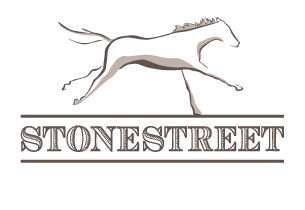A “Barrier Trial” is a training race that is organized by the Principle Racing Authority in Australia. Barrier Trials are conducted several times a month at various tracks. On the day, there are multiple heats with broad conditions that are supervised by Stewards. Official entries are submitted and results are recorded, but the race has no effect on the rating of the horse and there is no prize money awarded. It is truly a practice race.
There are many benefits to Barrier Trials for horses of all ages. Just as every trainer has his or her own style, each country does as well. Australian horses in training will work two or three times a week, unlike American horses in training who have a week or more between works. While they work more often, their workouts are easier and slower comparatively.
For young horses, going to a Barrier Trial exposes them to what race day will be like. Familiarizing a two-year-old horse with running in race field sized company helps the training process in a way that cannot be achieved in the morning. Also, a trainer may increase the workout intensity and is able to judge a horse’s fitness level in a low-pressure race setting.
For young and experienced horses, another benefit to Barrier Trials is being able to try new tactics. Testing out the running style of a horse in a practice race will give insight into what path is best suited for the horse on race day. Similarly in America, trainers will sometimes run a horse in a race for the same experience.
The difference in racing structure in Australia and North America is handicap racing. Handicap means that weight is assigned based on earnings and performance. The better a horse has performed in past races, the more weight that horse will carry on race day. Also, horses are placed into classes based on how many races they have gone without winning. Barrier Trials offer practice racing with no detriment to their ratings. Horses of all ages and levels benefit from the race preparation provided by trials.
